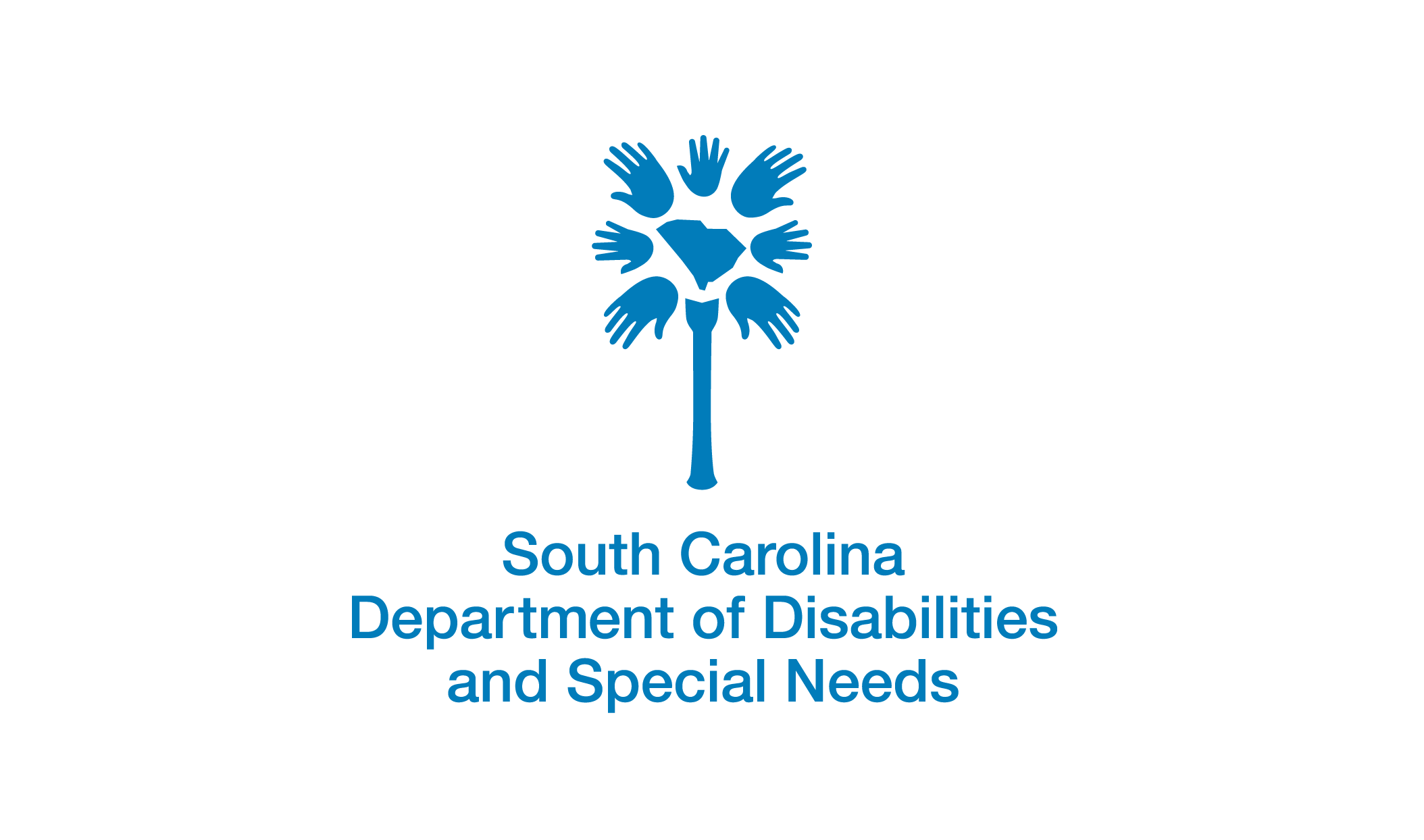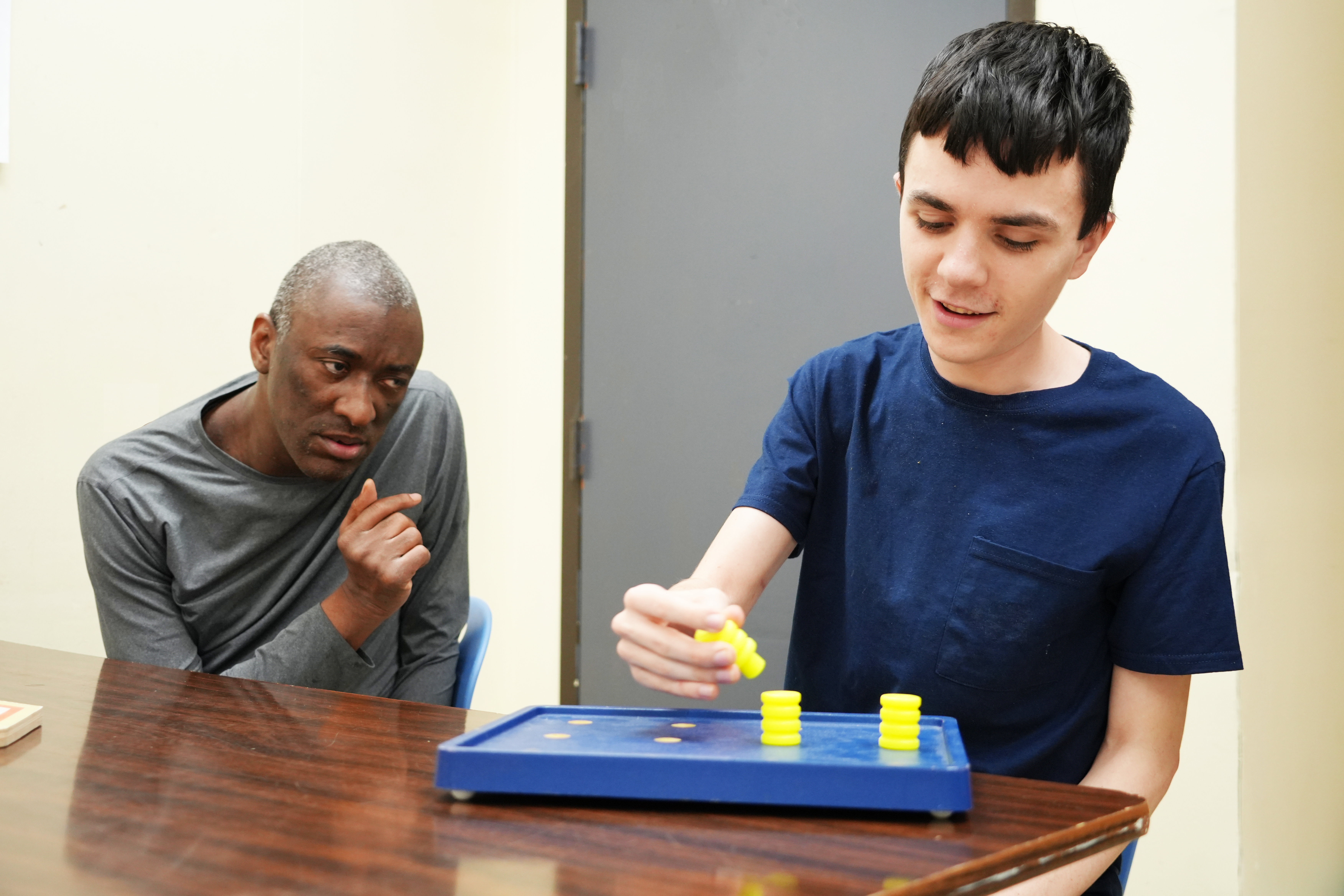Psychiatric Residential Treatment Facilities (PRTF) are licensed in-patient psychiatric treatment facilities available for those under 21 years of age who meet admissions criteria and are prior approved by the beneficiary’s Medicaid Managed Care Organization (MCO), or DHHS for those who have fee for service Medicaid. While some PRTF’s may accept private payment and some private insurance plans, this guide is focused on the referral process for a DDSN consumer with active Medicaid. It is important to note that in order to access a PRTF, the individual must have a psychiatric diagnosis as a developmental diagnosis with in itself is not sufficient.
PRTF’s are licensed and monitored by SCDHEC. Medicaid rates are established by the SCDHHS. Effective July 7, 2017, DHHS “carved-in” PRTF services to the Medicaid MCO network, meaning that a consumers’ chosen MCO serves as the gatekeeper for admissions to PRTF’s as well as dictating the length of stay. PRTF’s are funded with 100% Medicaid dollars. There are currently five MCO’s; Absolute Total Care, BlueChoice, Select Health, WellCare and Molina.
PRTF referrals can be initiated by any Medicaid beneficiary and does not require the sponsorship of a referring state agency, although referrals can be initiated by a state agency. For referrals that are not initiated by a state agency, the beneficiary, or beneficiary’s legal guardian, contacts the PRTF to initiate a referral and the PRTF representative will walk the beneficiary through the referral process. A list of PRTF providers who accept South Carolina Medicaid. If the consumer is not Medicaid eligible, a referral can still be initiated to a PRTF, however the facility will need guarantor payment that may include private insurance or other private pay arrangement with the facility.
To initiate a referral to a PRTF through DDSN, the Children’s Services Referral Form is filled out and sent to the DDSN Director of Clinical Services. The Director of Clinical Services assess the information for which PRTF facility would most likely be appropriate and sends the referral to the facility. Once accepted, two documents are to be submitted to the accepting facility; the Certificate of Need (CON) and Diagnostic Assessment (DA). The CON requires a physician’s signature and signature of a Licensed Practitioner of the Healing Arts (i.e., LMSW, LPC), certifying that the consumer is in need for this level of care. The Diagnostic Assessment must be completed by a Licensed Practitioner of the Healing Arts. There are private providers who are approved by DHHS who can complete these. A list of private providers approved by DHHS. The CON and the DA are submitted to the accepting facility who, in turn, submit the documentation to the MCO for prior authorization. Each MCO has their own internal initial approval, approval for continued stay and appeals process. If the individual has fee for service Medicaid, the process is the same, but the information is submitted to KePro (DHHS contract entity). If admission is denied, or continued stay is denied, each MCO has an appeals process and the beneficiary, or beneficiary’s legal guardian, is encouraged to contact their MCO to discuss and follow their procedures. A link to the current MCO’s are below:
- Absolute Total Care 1-855-735-4398
- Blue Choice of South Carolina 1-800-868-2528
- Select Health of South Carolina 1-800-741-6605
- WellCare of South Carolina 1-888-588-9842
- Molina Healthcare 1-866-449-6848
PRTF’s are not considered a long-term placement and designed to provide stabilization and facilitate discharge back to the community as soon as clinically feasible. Therefore discharge planning begins on the day of admission. MCO representatives are available to assist with discharging planning to include making referrals for outpatient appointments and services in the community. The case manager should work closely with the facility and the MCO representative to facilitate a discharge plan.




